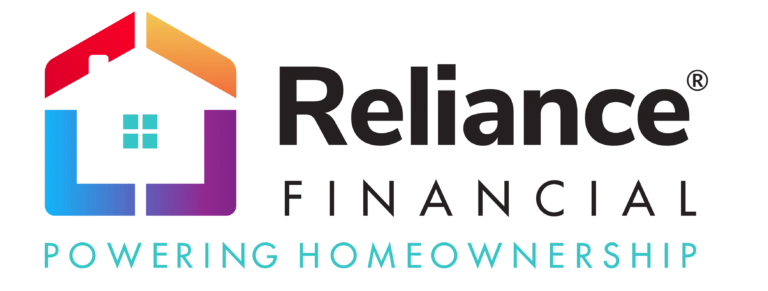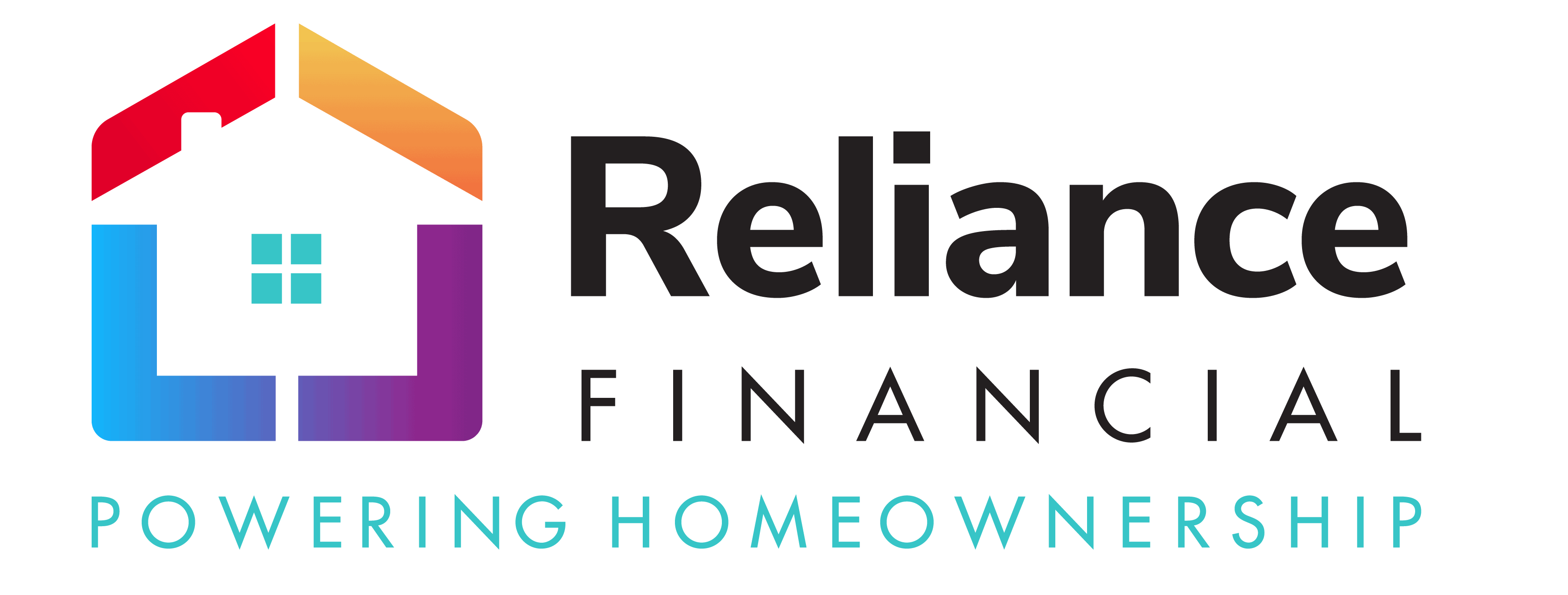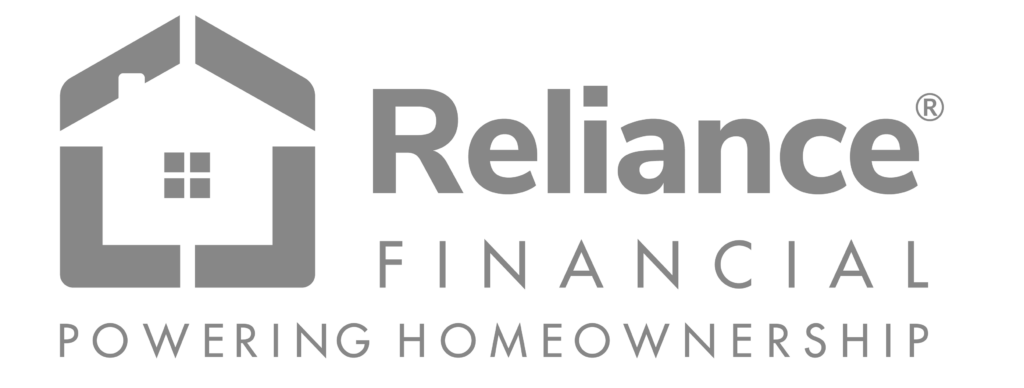Are you planning to retire after the age of 62 in the U.S.? And on top of that, are you a homeowner? If so, you may want to consider a reverse mortgage. It allows you to receive tax-free income by borrowing against the equity in your home. In this guide, we will discuss about Reverse Mortgage Pros And Cons 2025.
You can easily supplement your income through a reverse mortgage. This allows you to enjoy your retirement while staying in your own home. For homeowners aged 62 and above, managing expenses becomes much easier. But is that all? Not really, because even reverse mortgages have their drawback. This includes high costs since the money is not free. And the ongoing payments for homeowners’ insurance.
So, even though there are real benefits to a reverse mortgage, there are also some drawbacks. Want to dive deeper into the pros and cons of a reverse mortgage? This blog will serve as your guide to help you decide whether a reverse mortgage is worth it.
Statistics of Reverse Mortgages in the US
As of 2025, the homeowners’ total equity reached $14.39 trillion. As reported by the NRMLA. This wealth concludes the popularity of reverse mortgages in the US.
- According to Retirement Living, the average age for a reverse mortgage is about 75 years. The lending limit for HECMs in 2025 increased to $1,209,750 as reported.
- World Metrics also reported that nearly 80% of reverse mortgage borrowers are female.
Understanding a Reverse Mortgage
A reverse mortgage is a special type of loan designed for senior homeowners. It allows individuals aged 62 and older to convert part of their home equity into cash. This option has become popular in the U.S. as it helps retirees access funds without making monthly mortgage payments.
What Are the Pros of a Reverse Mortgage?
Expenses Can Be Managed
Maintaining the same lifestyle after retirement can be challenging for many, as income typically decreases. This is where a reverse mortgage can help. With a reverse mortgage, you can cover your regular expenses without dipping into your savings after turning 62. It allows homeowners to expand their monthly budget without making monthly payments.
Tax Free Payments
The IRS considers the money received from a reverse mortgage as loan proceeds. This means the funds are not taxable, which is a significant benefit. With a reverse mortgage, you can minimize your annual tax liability.
Staying In The Home
With a reverse mortgage, you don’t have to move. You can comfortably age in place while continuing to renovate your home. You also do not need permission from the lender to make home improvements. Buying another property may cost you more than maintaining your current home with a reverse mortgage.
Debt Never Exceeds The Property Value
In reverse mortgages, you will never owe more than the value of your home. Even if your loan balance exceeds the property’s worth, you are protected because reverse mortgages are considered non-recourse loans.
Benefits For Your Heirs
If the borrower experiences any of these situations, the heirs are given several options:
- Moves out of the home
- Sells the home
- Passes away
If the heirs are given options, it becomes easier for them to decide what to do next. Here are some of the choices available to heirs in such cases:
- Repay the debt
- Refinancing the reverse mortgage balance
- Sell the property to repay the debt
- Allow the lender to assume ownership of the property
What Are the Cons Of a Reverse Mortgage?
Qualifying for Reverse Mortgage Requirements
The Home Equity Conversion Mortgage (HECM) is the most common type of reverse mortgage, and it comes with specific eligibility requirements. As a homeowner, you must meet these conditions to qualify. The main requirements include:
- Being at least 62 years old
- Using the home as your primary residence
- Having the ability to pay any remaining balance at closing
- The home is in good condition
Payable Fees
When taking out a reverse mortgage, several fees may apply, including:
- Closing costs
- Monthly servicing fees
- Mortgage Insurance Premium (MIP)
- Origination fee
Issues For The Heirs
Heirs may encounter challenges after the borrower is no longer living in the home. In some cases, they may need to repay the reverse mortgage. Additionally, the home itself may sometimes have to be surrendered to the lender.
Conclusion
Reverse mortgages come with their own set of pros and cons. In 2025, every homeowner needs to understand them before considering one. The benefits include tax-free payments and the ability to stay in your home. On the other hand, the drawbacks include fees and other associated costs. Reverse mortgages are a common practice among senior homeowners in the U.S.
FAQs about Reverse Mortgage Pros And Cons 2025
Q – What are the main pros and cons of reverse mortgages?
A – Here are the main pros and cons of reverse mortgages:
- Pros: Easy expense management
- Cons: Debt increase
Q – Is there a 95% rule on reverse mortgages?
A – This indicates that you have to sell your home at 95% of the appraisal value.
Q – What will happen if I don’t live for too long on a reverse mortgage?
A – If you don’t live long on a reverse mortgage, then you won’t need to repay the loan at the time.
Q – How do I know if a reverse mortgage benefits me?
A – Here are some factors that may indicate that a reverse mortgage is for you:
-
- Age 62 or above
- Strong financial position
- Your home value is increasing









